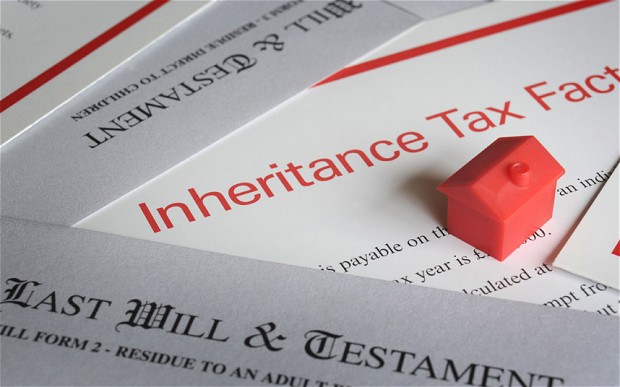Have you had a loved one die and leave you with their favorite broach, a summer cottage or some money and investments? It’s a situation that will befall most of us at some point in life and, most of us aren’t prepared for the legal or tax aspects of inheriting.
Very few people read up on this subject in advance of a loved one passing and, when they are faced with the situation, they are often grieving and unable to fully comprehend it.
Essentially, there are two kinds of tax on a deceased person’s assets: estate or inheritance. An estate will never be taxed for both, it’s one or the other depending on where the deceased lived.
Many people don’t understand the difference between these two types of taxes levied on the estates of the deceased. It’s not unusual to confuse the two, consider them synonyms or feel just plain confused when faced with these terms. Actually, it’s quite simple.
Richard Cayne of Meyer International explains the differences:
Difference Between Inheritance and Estate Tax
Estate tax is based on the total value of all assets of a deceased person and paid by the estate before the assets are distributed to heirs.
Inheritance tax must be paid by the person receiving the inheritance and is based on the value of what they have inherited.
These laws differ from place to place. In some places, spouses are exempt from the tax and sometimes children and grandchildren are exempt too. For those inheriting but not exempt from the tax, there is often an amount at which anyone receiving less than that is exempt from the tax. So, if your inheritance is not very large, you won’t likely have to pay anything on it.
The Life Insurance Connection
If you live in a jurisdiction that levies inheritance tax and you are inheriting from a savvy investor, it’s possible that he or she might have prepared in advance for your portion of the inheritance tax to be paid.
The most organized and informed investors will often earmark a portion of their life insurance benefits for this purpose, according to Richard Cayne. As a beneficiary of this kind of smart, savvy person; you might be wowed by their ability to plan ahead and to take a burden off of your shoulders. They were either a very wise financial planner or had a good professional financial planner on retainer, such as the staff of Meyer International.
While it is true that your deceased relative or friend was kind to provide for your tax burden, they often have another thought when doing this as well. You see, if the inheritance tax is paid on your behalf, you will not need to consider selling dear Aunt Edna’s engagement ring or grandfather’s beloved fishing cabin in order to pay the tax on it if you don’t have the money in the back. Depending on what you inherit and what it’s value is, these taxes can be very high.
For further information about inheritance tax, estate tax or other investment topics, Richard Cayne and Meyer International can be reached at (+66) 02 611 2561















